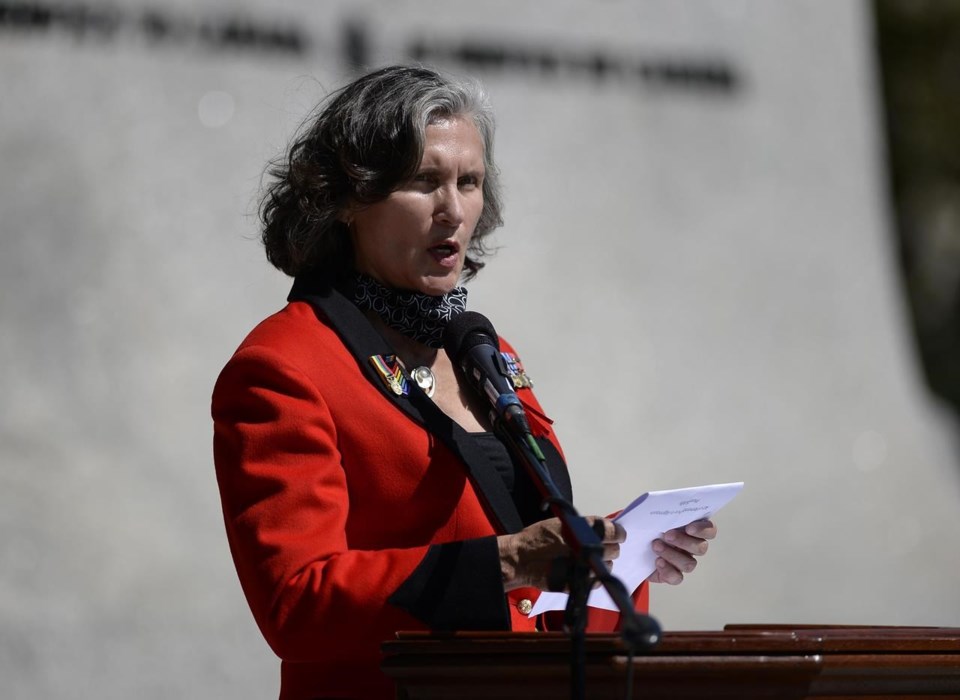OTTAWA — At just four years old, Wendy Jocko knew she wanted to join the military.Â
She was riding her tricycle down the street in Petawawa, Ont., when she saw a man in a military uniform walking out of a convenience store across from her family home.Â
"He just really impressed me. So I made a decision then and there, that's what I was going to do when I grew up," said Jocko.Â
On Indigenous Veterans Day, the chief of Pikwakanagan First Nation reflected on her own career and the hardships she and others endured as women in the military.Â
She enlisted at 19 years old and was posted to Calgary seven years later, where she was one of the first women to enter the field.Â
When Jocko first reported to her company sergeant, she said he made it clear he didn't approve of her being there.Â
"He indicated to me that I was just another woman taking up another man's spot on the base," she said.Â
Jocko served for 23 years before retiring. She said although she encountered challenges, she also recognizes the path that was paved by those who came before her.Â
One of the leading female Indigenous veterans was Charlotte Edith Anderson Monture from Six Nations of the Grand River in Ontario. She was Canada's first Indigenous registered nurse, but she had to leave the country to get her education. She was working in New York state in 1917 when the United States entered the First World War, and she signed up as part of the U.S. army nurse corps.
After the war, Monture became the first woman with Indian Status to be allowed to vote in federal elections in Canada thanks to the Military Act of 1917, which allowed those who served in the military the right to vote without losing their status.Â
But for other Indigenous women, that right was not granted until 1960.Â
Indigenous veterans who served in the First and Second World War also faced discriminatory policies, such as not receiving the same benefits as their counterparts.Â
Jocko, who comes from a long line of military veterans, said choosing to enlist as an Indigenous person was difficult, but to do it as an Indigenous woman was brave.Â
Even when she received criticism from colleagues in the military she didn't let it deter her from loving the work she did.Â
"I just felt that I have every right to be there just like anybody else. Whether they liked it or not, I'm standing," said Jocko.Â
This report by The Canadian Press was first published Nov. 8, 2022.Â
— This story was produced with the financial assistance of the Meta and Canadian Press News Fellowship
Cindy Tran, The Canadian Press




